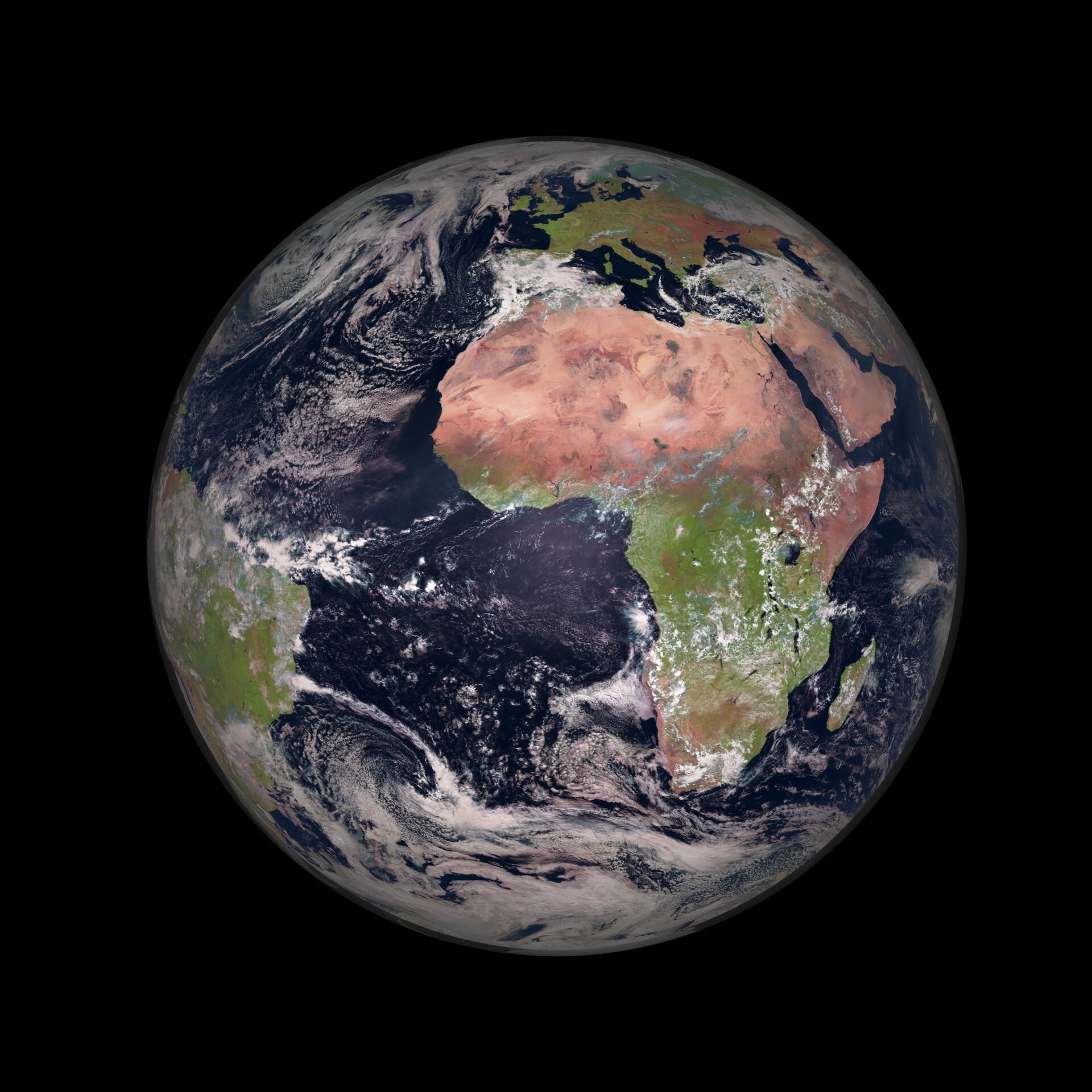Thales Alenia Space has been awarded French government funding to develop the Carb-Chaser project as part of the France 2030 stimulus plan. The funding was allocated following a call for projects to support the investments needed to develop and produce new components, systems and subsystems for satellite constellations and their enabling technologies.
Devised in conjunction with local and European business and academic players, France 2030 provides France with the exceptional resources needed to meet the ecological, demographic, economic, industrial and social challenges of a changing world. This unprecedented plan for innovation and industry reflects a dual ambition. First, sustainably transform key sectors of our economy — such as energy, automotive, aerospace and digital — through innovation and industrial investment. And second, position France as a leading player in the economy of the future.
Carb-Chaser for space-based monitoring of carbon emissions
Given today’s rapidly changing climatic conditions, the space sector is a key contributor to environmental monitoring. The Carb-Chaser project aims to develop a constellation of satellites for high-resolution detection of CO2 emissions to complement CO2M (one of the missions in Europe’s Copernicus environmental monitoring program) and France’s own MicroCarb program. This constellation will perform independent, verifiable and certified CO2 measurements across the entire value chain, right through to carbon services markets.
Thales Alenia Space leads a project consortium bringing together the expertise of research institutes and scientists, manufacturers and service providers. Together, they cover all the bases for the project’s success, from understanding of physical phenomena and measurement principles to knowledge of market needs and the expectations of the various market segments.
Proven expertise in environmental monitoring

Image of the Earth from Meteosat Third Generation first imaging satellite (MTG-I1). Image unveiled by EUMETSAT & ESA in May 2023 © EUMETSAT & © ESA
Monitoring CO2 emitters is crucial to combating climate change, and spaceborne Earth-observation missions like MicroCarb and CO2M will play a decisive role. The two upcoming CO2M satellites in Europe’s Copernicus program will carry payloads supplied by Thales Alenia Space to measure the amount of human-induced CO2 in the atmosphere.
Thales Alenia Space is also contributing to MicroCarb by taking charge of the assembly, integration and test (AIT) phases on the satellite. This project aims to map carbon sinks and sources from space, providing new insights and supporting climate policy decisions.

